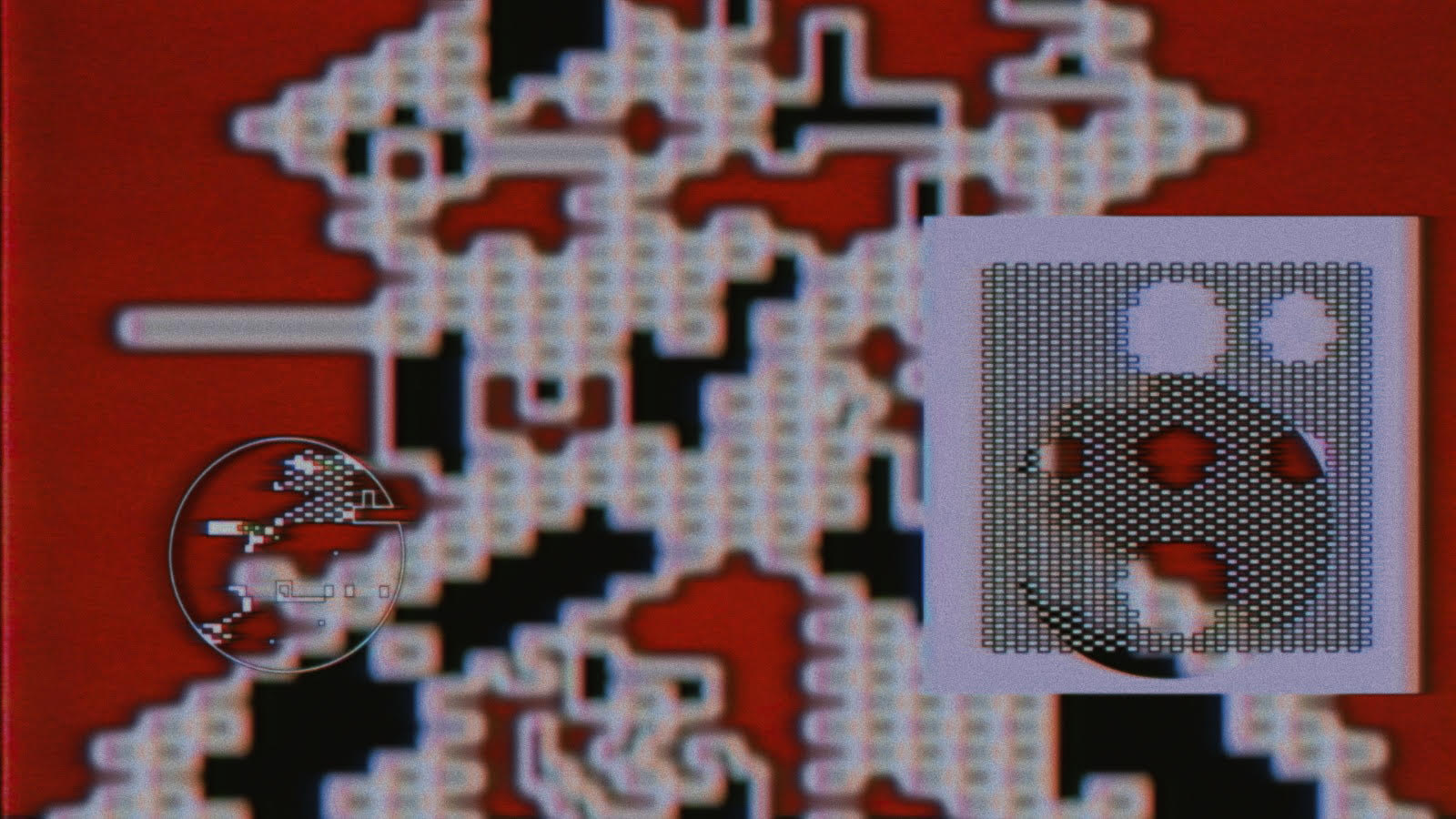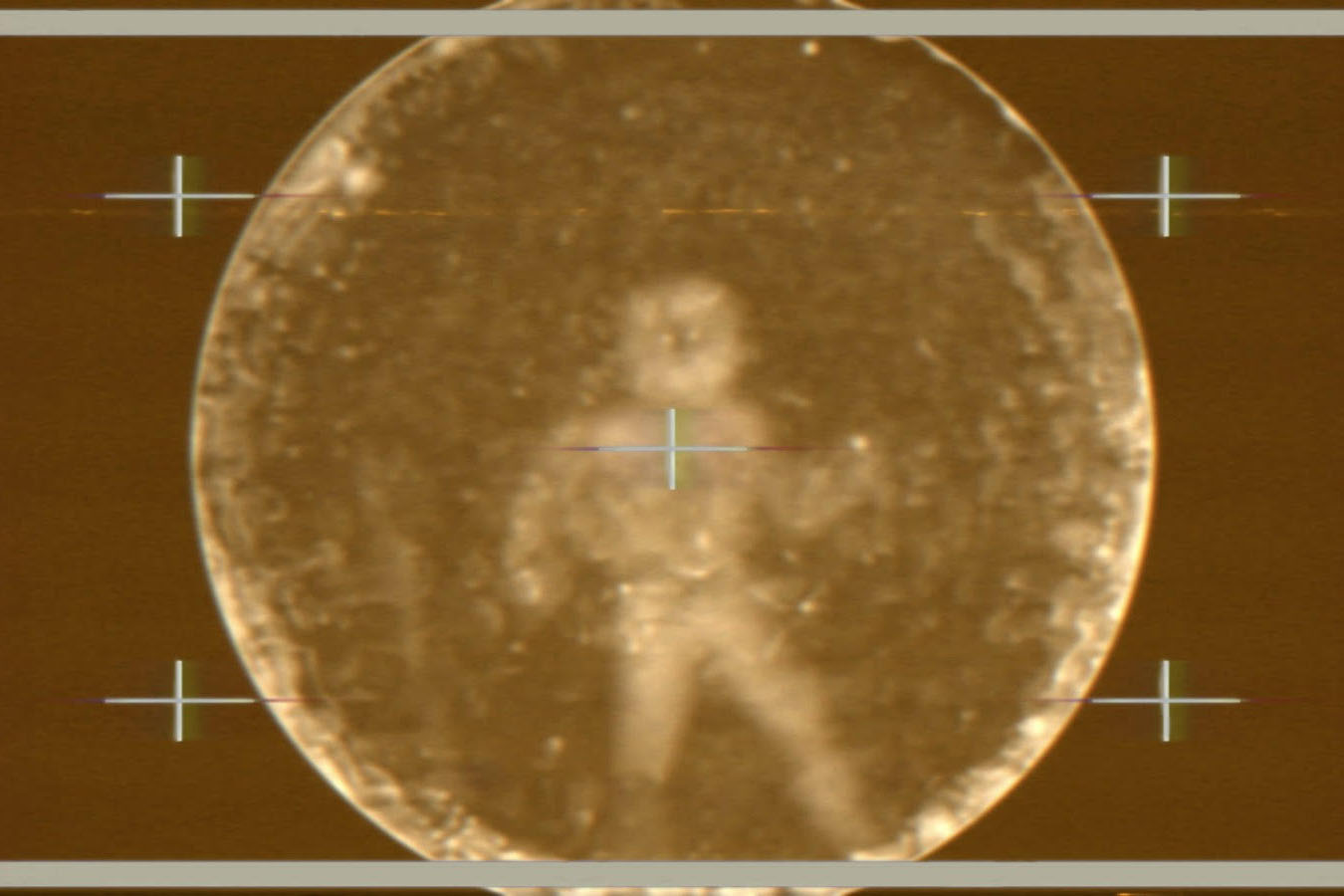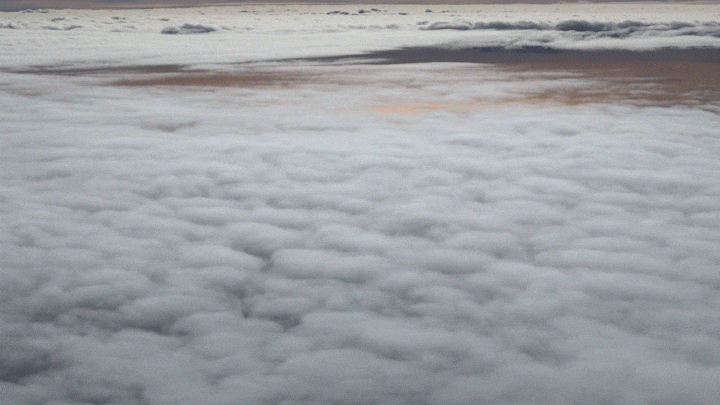Annie Gårlid: Daily life is slipping between frameworks of imagination and worlds of reference. To what extent is your work influenced by this threshold?
James Whipple: I guess by default I take the digital to be convincing in its own right, with each increase in resolution or fidelity being a threshold step in conscious experience. So, I sort of believe in the marketing language of flat-screen TVs, virtual reality, theater sound systems, etc., in a kind of primitive way. I’m not interested in “problematizing” this relationship we have with the digital realm in a generic way. I think you can be native to an environment and still be critical. I’m glad that I got online just before social networks, and got to experience as a young person the internet as a wide-open but also very private place.
“Liminality” is closely related to the word “threshold,” but has further implications about the possible emotional states (disorientation, dysphoria) connected to rites of passage and transitions between worlds, or systems of being. What function do you see your music serving in relation to these feelings?
Music can sometimes alleviate suffering, which widens the perceptual bandwidth of the listener. This can happen in so many ways, through repetition, harmony, noise, all of that. I guess in my music I’m trying to reach that state in a way that feels natural to me, by using what’s in front of me, and not trying to justify it through either gesturing at experimentalism or functional music.
In the press release for Hesaitix, and in several interviews, there are references to “sonic world-building,” and to the album as a “space of digital audio fantasy.” This would suggest that the music not only reacts to a threshold but also calls for a new one by virtue of imagining “a different place,” as Thea Ballard put it in her review. Do these places start from a cicada sound or is the cicada sound built into the landscape?
The cicada is already there.
Are these other spaces ones that have their own technologies? Your work and Michael Guidetti’s artwork accompanying it, seem to refer less to idyllic places and more to scarred places with their own cryptic symbologies, artefacts of old, and masked functionalities. What do these point to, if anything? There is a loneliness and occultness in the absence of the operator in these scenes.
I really don’t like crypticness for its own sake, and technological or occult hand-waving. It is more about gesturing toward something inexpressible, because there really is something out there or in there, and I’m interested in approaches to that, which can be both reductive and ornate/decorative at the same time. I have to run away from media art aesthetics and faux-criticality, and try to recover something visionary if I can manage to. I still believe in electronic music having something of the future in it, and not in quotes or in some sort of nostalgic “failed-utopia” sense. There’s also this uncanny and beyond-amoral beacon that summons us.

Which shapes of landscape interest you? In another interview you mentioned using sound design to make the territories evoked by music “even bigger,” by zooming out and moving horizontally. The video for Search. Reveal. depicts narrow, endoscopic, vertical downward motion down a well. Is there a reason either type of territory and motion is appealing?
I think I’m drawn to open-ended, ambiguous territories for psychological reasons. There’s something undeniably twisted about the allocation and use of land going back to the enclosure of the commons. When everything is fenced off and divided and named there is no possibility of exiting. I really believe in personal freedom but it’s sad to exercise it in such a degraded environment. It’s a contradiction for me, too, because I’m often really impressed with what capital and the state can do in their violent reconfigurations of our environment.
Why did you choose to use the underground footage?
There’s something about traveling down a tunnel that reminds me of old demoscene graphics. So there’s something fundamental about that in connection with electronic music. In the plotline of the Search. Reveal. video a terrible relic below ground, in some kind of complex, maybe part of a forgotten terraforming project.
How do you and Michael Guidetti approach your collaborative work? What is the relationship between sound and video?
Michael is a really interesting artist because he is able to avoid a lot of the tropes of electronic music, audio-visualA/V, etc., because he comes from a really different context as a painter and animator. He has to put up with my really vague allusions and collaged ideas, but ultimately what he does is his own work. He made a film called Likeness last year, which explores virtual life through an almost animistic lens. He also had a podcast series over a decade ago called Skeleton Sweep, using field recordings from friends and other sources, not all from physical spaces. So maybe we share a similar interest in imagined spaces, the interiority of the digital, etc.
What is the role of a beat in the conception of music as another place?
That’s a good question, because it’s something I still have trouble with—when I hear quantization arrive suddenly in a piece where it wasn’t there before, it feels like a not very confident intervention. But I also have a different perspective as a DJ and am still interested in the hypnotizing aspect of loops and percussion. I’m always looking for that fluidity, of being able to lock and unlock from the sequencer. It’s ironic that standardized club-DJ gear offers this fluidity in a way that an advanced hardware or digital MIDI setup often doesn’t.
To me it seems beats are often used as a default means through which to keep people interested and make the sonic or audiovisual experience “accessible.” I don’t at all have that feeling with your music, but if listening is like surveying a landscape, a beat can instill the surveying with a feeling of motivation and of an end or a task. As if in a video game. I guess sometimes it’s an organic shift and sometimes it’s not. It’s good not to be locked in.
I always liken it to being on train tracks. I think I just need to feel like I can move in any direction at any moment, even when working largely with prerecorded sections of music that have been painstakingly assembled in the studio.

I mentioned the presentation of ancient-seeming artifacts and alphabets in your Search. Reveal. video. This also appears to be an emphasis in the concept for the album as a whole. The title Hesaitix evokes the idea of a system/logic/theoretical framework. Where does it come from?
The title starts from the word Cathexis. I think I came across this word first through Wilhelm Reich, because I don’t know very much about psychology but read Character Analysis when I was really young. It’s an investment of libidinal or just mental energy in an idea, memory, etc., usually in a negative connotation. So I started writing anagrams of Cathexis, changed some letters, and found Hesaitix. I was drawn to the word also because it looks like a made-up Latin or Greek word, and at the time I was finishing the album I was in the Umbrian countryside reading about Italian paganism. I realize all of this must sound unbearably pretentious. I hope my music carries allusions, symbols, synchronicities etc., but ultimately, that it stands up on its own without the kind of justifications we are taught to give. Sometimes my work feels like turbo-pastiche, other times really narrowly formalist. It’s all muddled…
The technosphere makes so many layers of life transparent. Does it also provide new opaqueness and mystery? If not, where might one look for these?
Music, sometimes.
I’ve always been drawn to archaic traditions, musical and otherwise, and never felt comfortable studying them in a vacuum but always felt compelled by thinking about them in the context of the new. There’s the medieval and then there’s medievalism, which has evolved because the traditions of that time offer something that is lacking in the present—either a different form of expression or an expression of something different.
I agree.
What feeds your practice?
A desire to be closer to mystery, a desire to explore novel conscious states, also tedium, disgust, sadness, ego, joy, etc. Unfortunately I don’t think I am fully acclimated to my life, and don’t even necessarily enjoy making music, but I feel like I’m building something and it’s satisfying.
